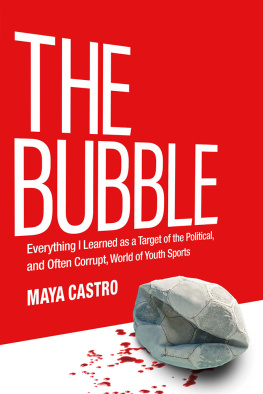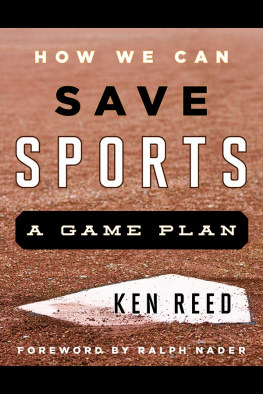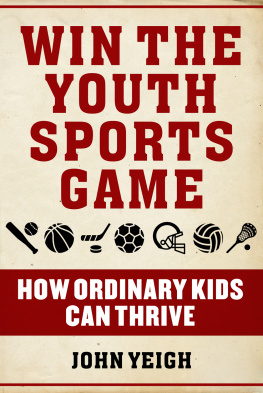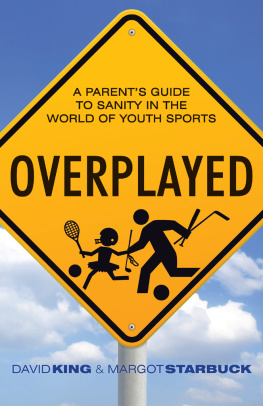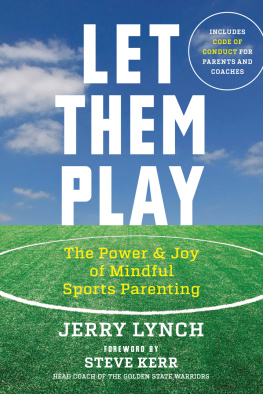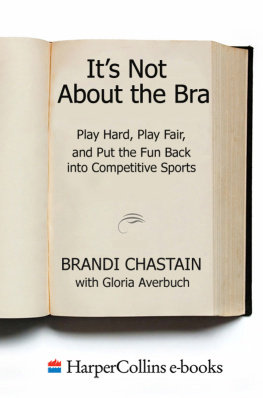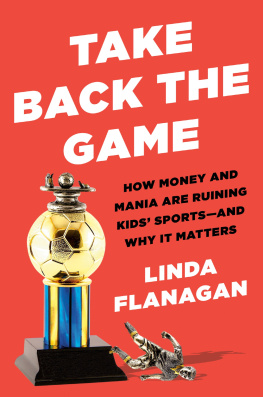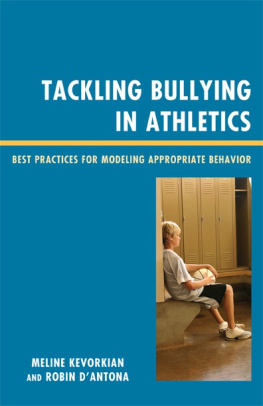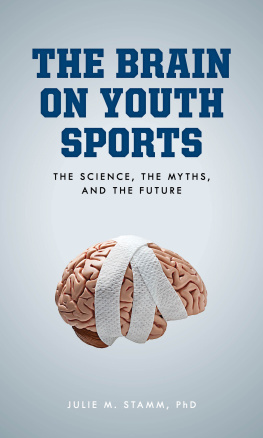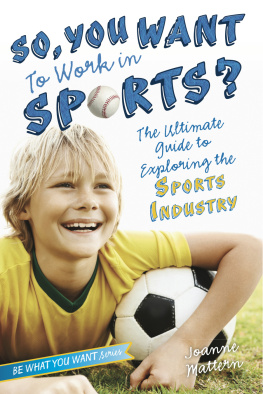AUTHORS NOTE
This is a true story. All names of individuals, excluding my own, have been obscured to protect and respect the privacy of each. In order to re-tell this experience in the most accurate way possible, documents from a 400-page investigative report were referenced. Having knowingly and willingly participated in an investigation in 2012, all commentary made, and actions taken by these entities are their own statements or substantiated by their own admissions .
No one- not rock stars, not professional athletes, not software billionaires, and not even geniuses- ever makes it alone.
Malcolm Gladwell
PROLOGUE
Because of the awards ceremony rumors, the topic of Aidan rigging the team vote came up during the investigation. Several former Freshmen/Sophomore teammates of mine were asked whether the rumors floating around had any real basis to them or if they were pure gossip.
Regardless of whatever answers my teammates would give on the subject, I always maintained my belief that the players who won those awards were deserving of them. As I explained during my own interview on the subject, I want to make clear this isnt about proving my teammates who won those awards were unworthy. Thats just not true. This issue is on Aidan. I elaborated on that remark, If he planned to pick the winners, he shouldnt have made a production of allowing my teammates and me to vote. He shouldve made the decision himself, as he very clearly did in the end.
Blame the alleged fixing of the team vote on politics, favoritism, discrimination, or anything else. If the rumors were true, Aidan disrespected an entire team of equally deserving recipients of those awards.
My former coach, predictably, denied that he altered the votes in any way to keep Amber and me from winning. According to Mr. Fernandez, because he simply accepted the outcome of the team vote for the awards in question without altercation, the fact that neither Maya nor Amber won an award had nothing to do with race, color, or ethnicity. Mr. Fernandez further states that, although he believes Maya was equally deserving of the award and considered giving the award jointly to both Maya and Heather he felt it was inappropriate to inject himself into the process given that the very reason the coaches have the girls vote in the first place (instead of the coaches determining the award winners themselves) is to avoid being accused of favoritism.
Ultimately, however, seven of my former Fresh/Soph. teammates confirmed that a good number of players believed Aidan rigged the team vote.
*All names of players interviewed during the investigation are redacted.
Fresh/Soph. players
According to ________, ________, and _________ in speaking to a number of teammates after the vote, each of them had the impression that Maya had received the most votes for best offensive player.
In addition to the foregoing, _________and _________ likewise said that, in speaking to other teammates, it was their impression that Amber had received the most votes for best defensive player.
_______, _________, _________, and _______ all believe Mr. Fernandez essentially handpicked the winners of each of the awards handed out at the awards banquet. Specifically, all these girls believe Mr. Fernandez ignored the vote taken by the girls on the team and gave the awards to his three favorite players on the team.
In terms of Aidans motive, my teammates agreed: This was an issue of politics.
Introduction
When I first started playing soccer, I was convinced nothing in the world, no roller-coaster, no sugar-rush, or present on Christmas day would ever compare to running up and down a soccer field. That is until I was exposed to a side of my favorite sport that changed my outlook not only on soccer, but on human nature, hardships, and above all, the purpose of being an athlete.
Without much warning, the adults on the sidelines invaded the field, flipping upside down everything Id learned about leadership and hard work paying off. In the place of practice makes permanent, as my dad used to always say, a competition amongst the parents to see who could find a shadier means of giving their child a leg up (over their own teammates), suddenly became a part of the game.
And as I learned from other former/current athletes, politics stretches far beyond soccer. It shouldnt, but it always surprises me how responsive baseball, football, and volleyball players, for example, are to what Ive always considered, sideline politics plaguing youth athletics. What I mean by that can be found in some of the most common aspects of this industry, a $15 billion industry, according to TIME Magazine. Everything from; bribery amongst the parents and coaches, favoritism, and even engagement in, or complacency towards misconduct (out of self-interest, fear of being ostracized, or demoted). These athletes understood exactly what I was talking about. Many of them walked away from their own sports because of one or more of these common issues. I, myself, gave up soccer for the same reason. Similar to these players, I began to wonder: Do I have any control over how far I can go on this team or do the parents with deep pockets make all the decisions? I felt like a chess piece on the adults game board, an inanimate object that others assumed they could strategically hold back without fear of hurting my feelings or wasting my time.
In that regard, I dont think the adults have any idea just how disturbing their behavior appears from the players vantage point. And thats why I wanted to write this book. Many of these parents and coaches need a reminder that it takes their guidance, not their money or connections, to give sports meaning. Whether a good experience or one tainted by sideline politics, kids can learn something of value from both situations. That is if they have someone there to point out what can sometimes be (depending on the severity of the situation) a blessing in disguise.
On that note, I have to thank my dad who gave me the greatest piece of advice as an athlete that I still live by today. He said to me, Dont think of hardships and obstacles as signs to give up. Think of them as teachable moments or valuable learning lessons. He taught me how to use the plans that didnt go, well, according to plan to my advantage: By trying to learn at least one thing from the experience. And now as a college student, I can honestly say his advice helped me grow as a person, a student, and an aspiring businesswoman.
In essence, I dont beat myself up over unsuccessful ventures. Instead, I choose to appreciate those moments for what they really are: Reminders of what will and wont get me closer to accomplishing my goals in life. That way, when I head back to the drawing board I can, with enthusiasm rather than self-pity, cross at least one route in the maze Im in to reach success off my list. It is solely because of my dad that despite the anarchy which ultimately engulfed my soccer experience, I cant consider my time in high school soccer to be anything less than a blessing in disguise.
I hope that by sharing my story, adults on the sidelines will pay closer attention to how their actions affect the experiences of the kids, as well as the athletic culture as a whole. At a time when youth sports have become both professionalized and politicized, its necessary to ask the question, Whats the goal, here? I feel very strongly that if parents and coaches had a clear understanding of what they hope to gain by being a part of this environment, a kids game would remain just that. And by gain I dont mean, An Olympian or A college level athlete or The next LeBron James. With that being said, to get the most out of The Bubble and possibly even youth sports in general, parents and coaches should ask themselves (whenever possible) the following questions.

